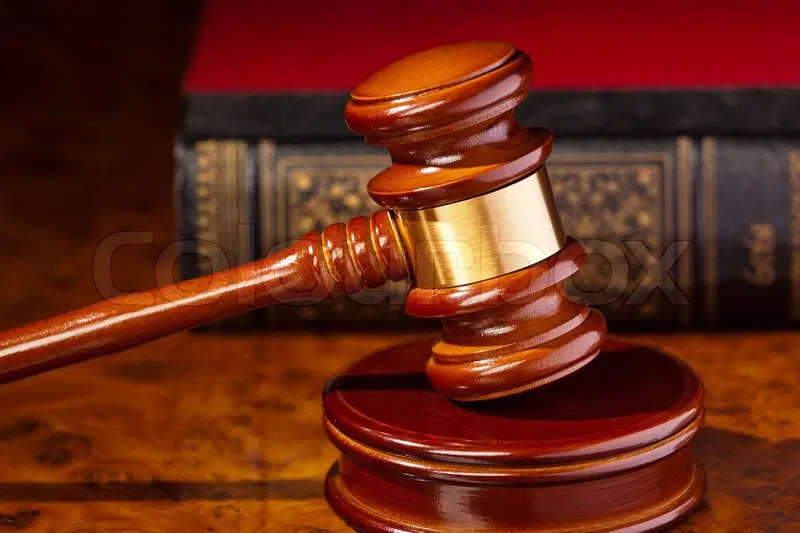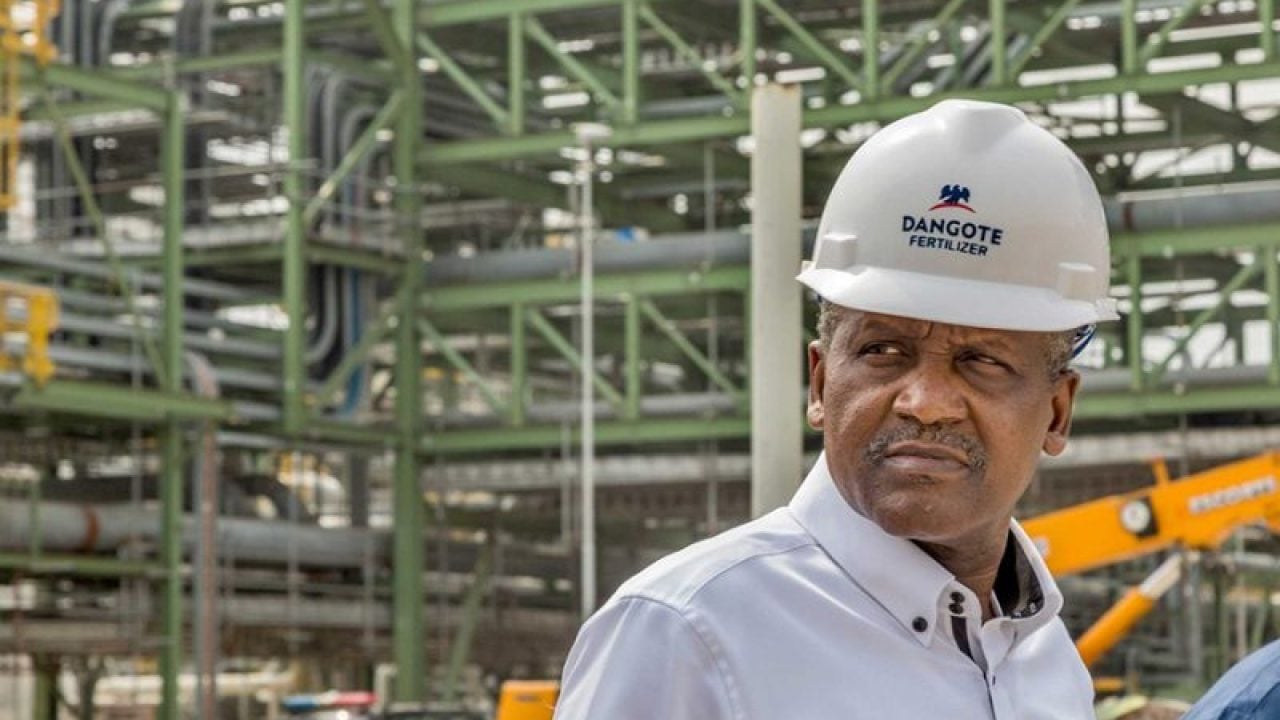By Evans Ufeli Esq
Nnamdi Kanu’s move to call a constellation of prominent Nigerians including Abubakar Malami, Nyesom Wike, David Umahi, Babajide Sanwo-Olu, Theophilus Danjuma and Tukur Buratai as part of a 23‑witness defence raises immediate questions of procedure, fairness and the law on competency and compellability.
Under the Evidence Act (see Section 175), the starting point is clear: every person is in principle competent to give evidence. Section 175 recognises that witnesses should ordinarily be heard, and it gives the court the power to determine whether a putative witness is fit to testify or should be excused. In practice that means the court may evaluate capacity, privilege or any lawful ground for non‑compellability before compelling attendance.
Section 175 subsection 1 of the Act say,
“All persons shall be competent to testify, unless the court considers that they are prevented from understanding the questions put to them, or from giving rational answers to those questions, by reason of tender years, extreme old age, disease, whether of body or mind, or any other cause of the same kind.”
Subsection 2 says,
“ A person of unsound mind is not incompetent to testify unless he is prevented by his mental infirmity from understanding the questions put to him and giving rational answers to them.”
What does this mean in Kanu’s case?
READ ALSO
ADC LEADERSHIP TUSSLE AND THE LAW
First, listing high‑profile serving and former officials is not, by itself, improper. Section 175 supports the presumption that such persons can give evidence. But compellability is not absolute: it can be obscured by infirmities.The court must carefully balance the defendant’s right to call witnesses and present a defence with legitimate state concerns and any applicable privileges.
Second, practical steps follow. If Kanu’s defence needs to call “vital and compellable” witnesses, the court can issue subpoenas, set timetables and, where necessary, rule on objections about competence or privilege.
Equally important is the court’s duty to manage the process to avoid abuse: an excessive number of far‑flung or dilatory witnesses should not be a pretext for indefinite delay. The request for a 90‑day window to conclude the defence must be measured against the accused’s right to a speedy trial and the interests of justice.
Kanu’s list puts the Evidence Act squarely to the test. Section 175 enshrines a default of openness to testimony.




